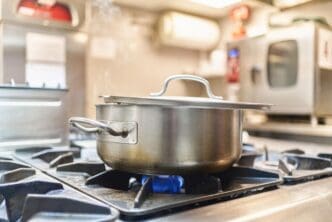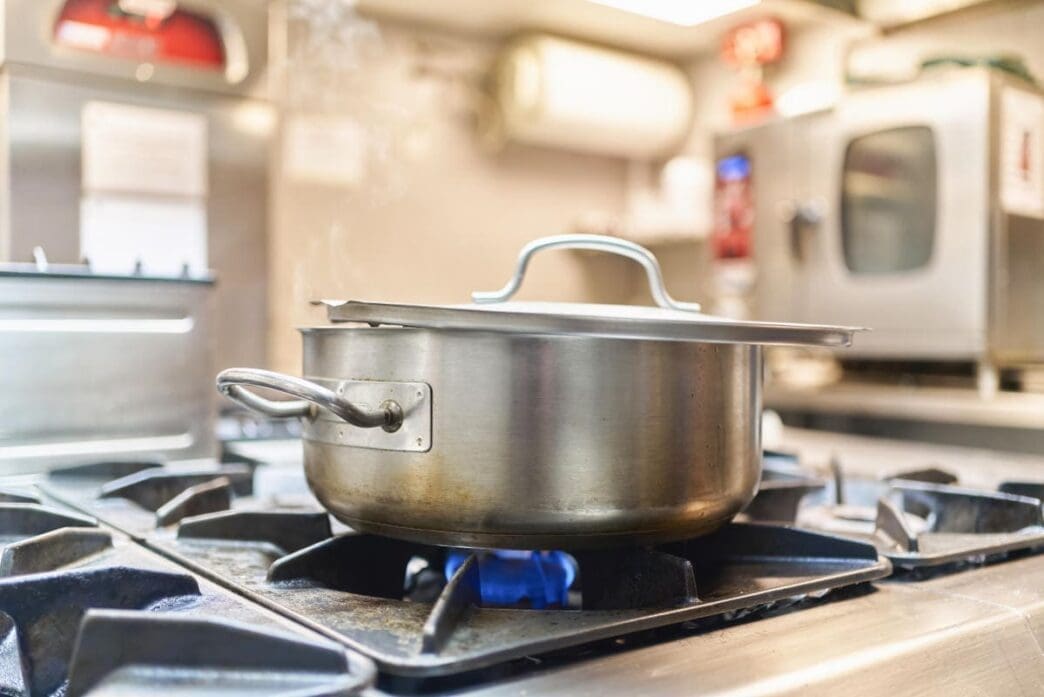Recent studies have revealed a worrying link between aluminum cookware and lead contamination in food, prompting a reevaluation of kitchen staples.
Aluminum cookware, although a popular choice due to its affordability and lightweight nature, has come under scrutiny. Research led by environmental scientist Katie Fellows involved testing 100 pans and pressure cookers for lead content. The results were alarming, showing that aluminum cookware could leach enough lead under cooking conditions to pose significant health risks. This revelation is of particular concern for children and pregnant or breastfeeding individuals, given lead’s detrimental effects on brain development.
In response to these findings, the Food and Drug Administration (FDA) has advised retailers against distributing the tested cookware. While aluminum remains a kitchen favorite around the globe, especially in secondhand finds and imported goods, alternatives do exist. Fellows suggests stainless steel, cast iron, and ceramic cookware as safer choices due to their minimal leaching risks when maintained properly. Anodized aluminum, if undamaged and free of nonstick coatings, is also considered a safer option. However, damaged nonstick coatings, particularly those made with Teflon, may present their own hazards.
For those unable to overhaul their cookware collection due to cost, some precautions can help mitigate risks. Minding how one cooks and stores food is crucial—avoiding highly acidic foods in aluminum pans and refraining from using them for storage can reduce metal leaching. Washing with mild soap and a non-abrasive scrubber is another recommended practice.
An audit of the kitchen may reveal aluminum in unexpected places, such as baking dishes, measuring cups, or larger pots. Some cookware features an aluminum core but remains safe if coated with materials like stainless steel or non-toxic enamel. Considering alternatives can be beneficial, with options ranging from cast iron skillets to ceramic bakeware offering reliable performance and safety
In the realm of kitchen safety, it’s essential to be aware of who is most at risk. Children, pregnant or breastfeeding women, and individuals with kidney issues should be particularly cautious. The World Health Organization sets limits on aluminum intake, emphasizing the importance of avoiding excess exposure. Consulting with healthcare professionals can provide personalized guidance.
The shift away from aluminum cookware might require some effort, but the health benefits outweigh the inconvenience. Opting for safer, durable alternatives ensures peace of mind, reducing potential risks of lead exposure in your culinary endeavors.
Source: Yahoo







